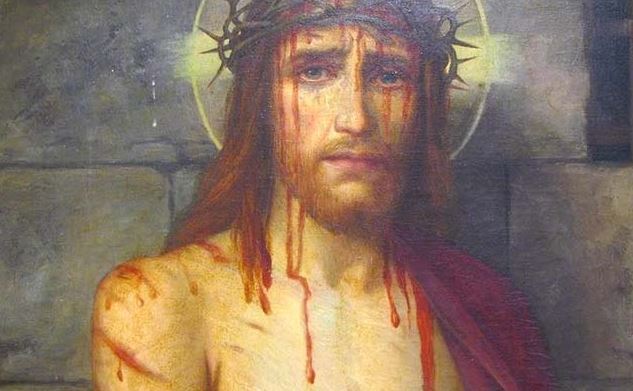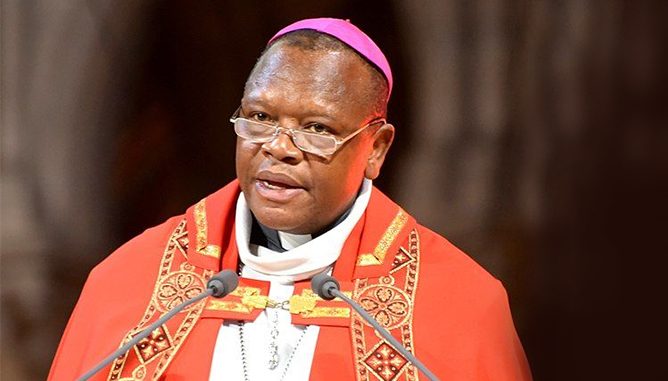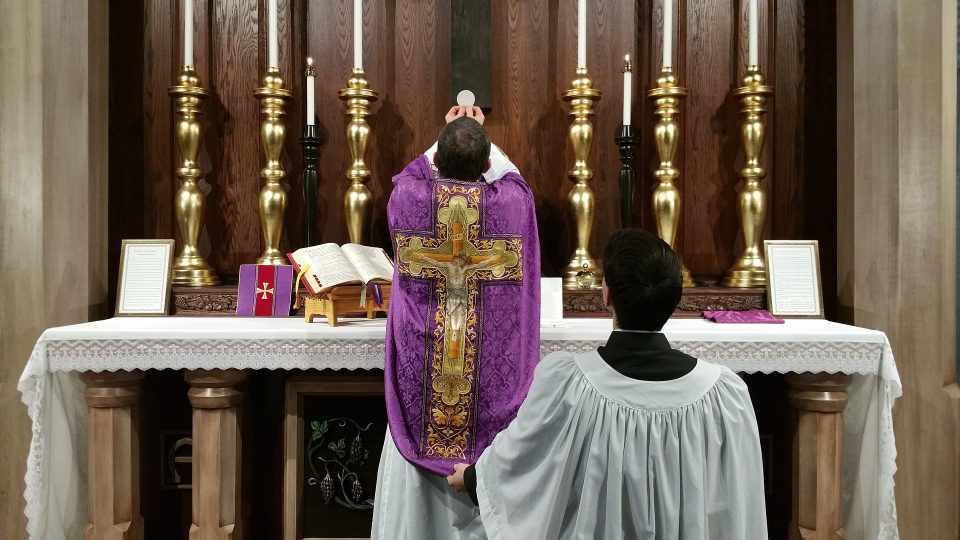U.S. Bishops Will Speak Out ‘Loudly’ If Trump’s Mass Deportation Rhetoric Becomes Reality, by Jonathan Liedl
November 13, 2024The Vatican Regime Goes to the Peripheries to Persecute Minorities, by T. S. Flanders
November 13, 2024
By Francis X. Maier, First Things, Nov. 13, 2024
Francis X. Maier, a senior fellow in Catholic Studies at the Ethics and Public Policy Center, is the author of True Confessions: Voices of Faith from a Life in the Church (Ignatius).
I staffed a bishop-delegate in Rome at the 2015 Synod on the Family. Asked, at the time, for possible themes at the next synod, the delegate pressed for (among other ideas) a synod on “what it means to be human.” His reasoning was simple. The key issues facing society and the Church today in the developed world are all anthropological. Who and what is a human being? Is there such a thing as a human “nature”? Do “natural rights” really exist, above and preceding the realm of state authority? What, beyond our intellects, makes us unique among animals? What’s our species’ purpose and meaning, if any?
Briefly put: When we speak of human dignity and the sanctity of life, are we simply telling ourselves a pleasing fairy tale that’s convenient to our vanity—and open to a rewrite if a particular life takes an inconvenient turn?
These questions have stayed with me over the years because, in my own family—as in millions of others—they’re not matters of theory. They’re immediate and practical. My wife and I have a daughter with seven children, two of whom have disabilities. We have a son whose eighteen-year-old daughter has been severely disabled since birth: a young woman unable to speak, wheelchair bound, and fed through a tube. We have another son with Down syndrome, limited language, and a 43 IQ. There’s nothing quite like cleaning up vomit and excrement in a bathroom at 3 a.m. while your disabled adult son lies nude on the floor with a raging fever to put the “value of life” issue in exquisitely sharp focus. And what I’ve just described is mild compared to families we know with far more demanding special-needs circumstances. ….







